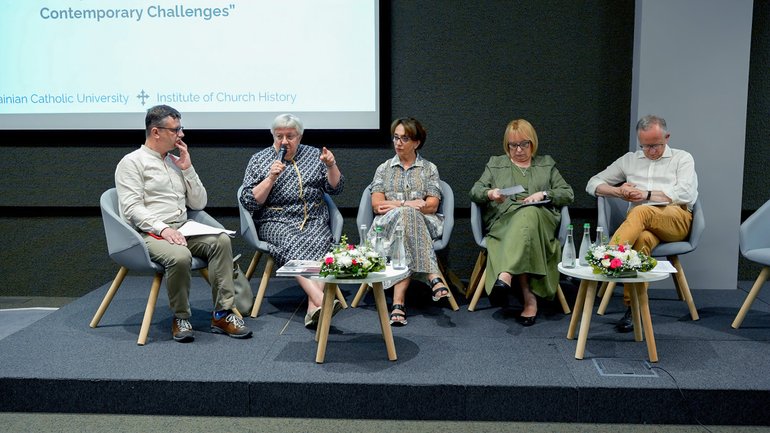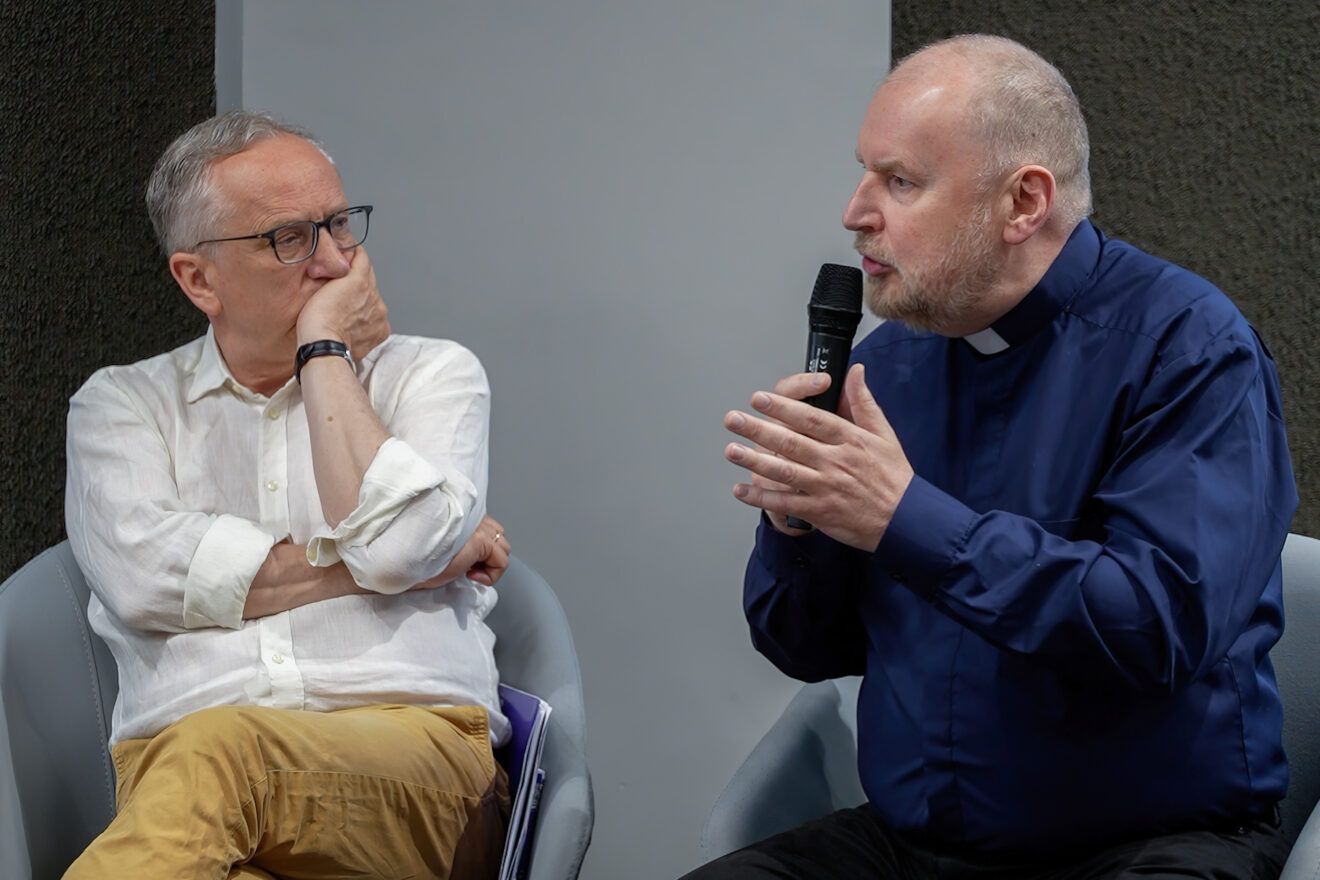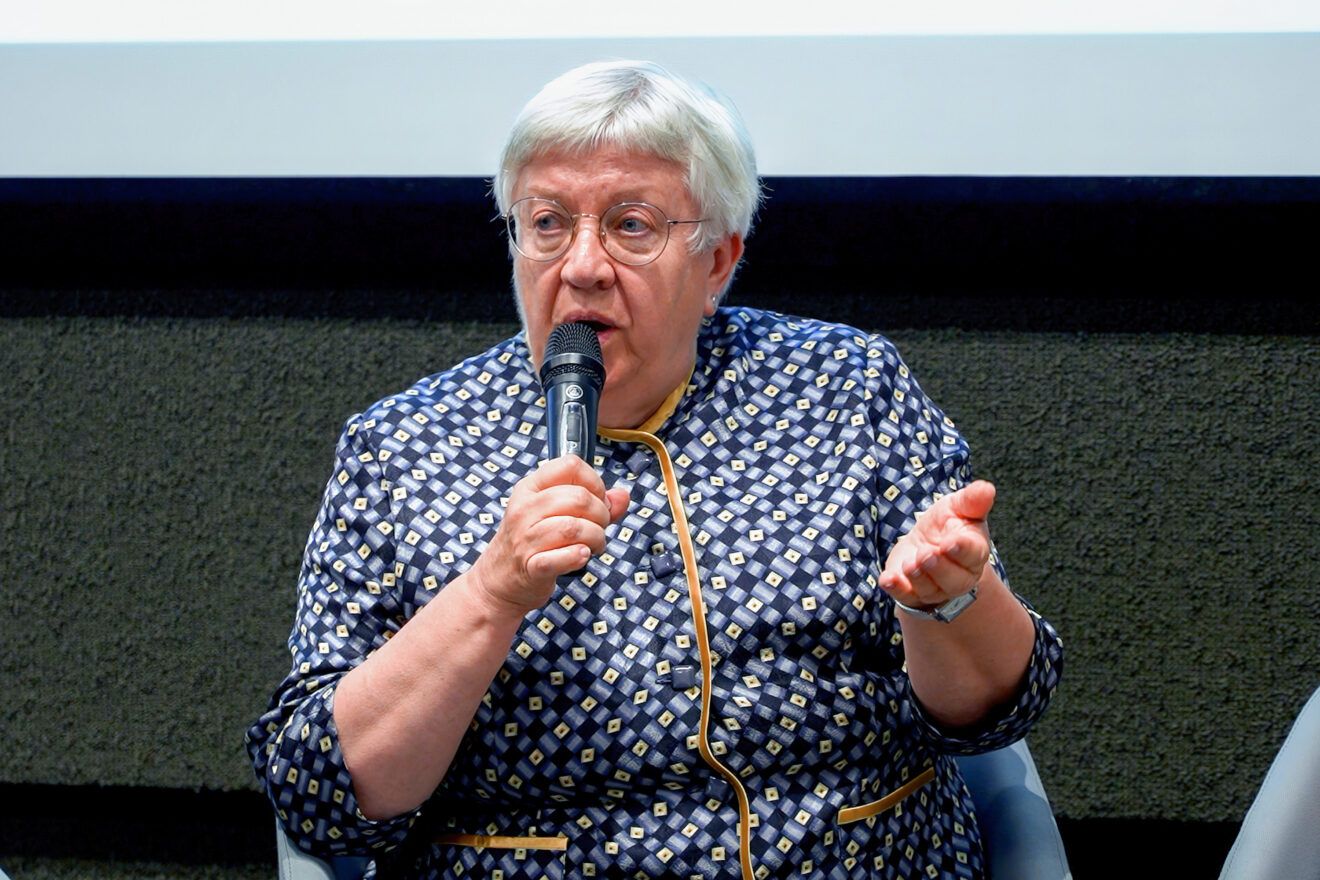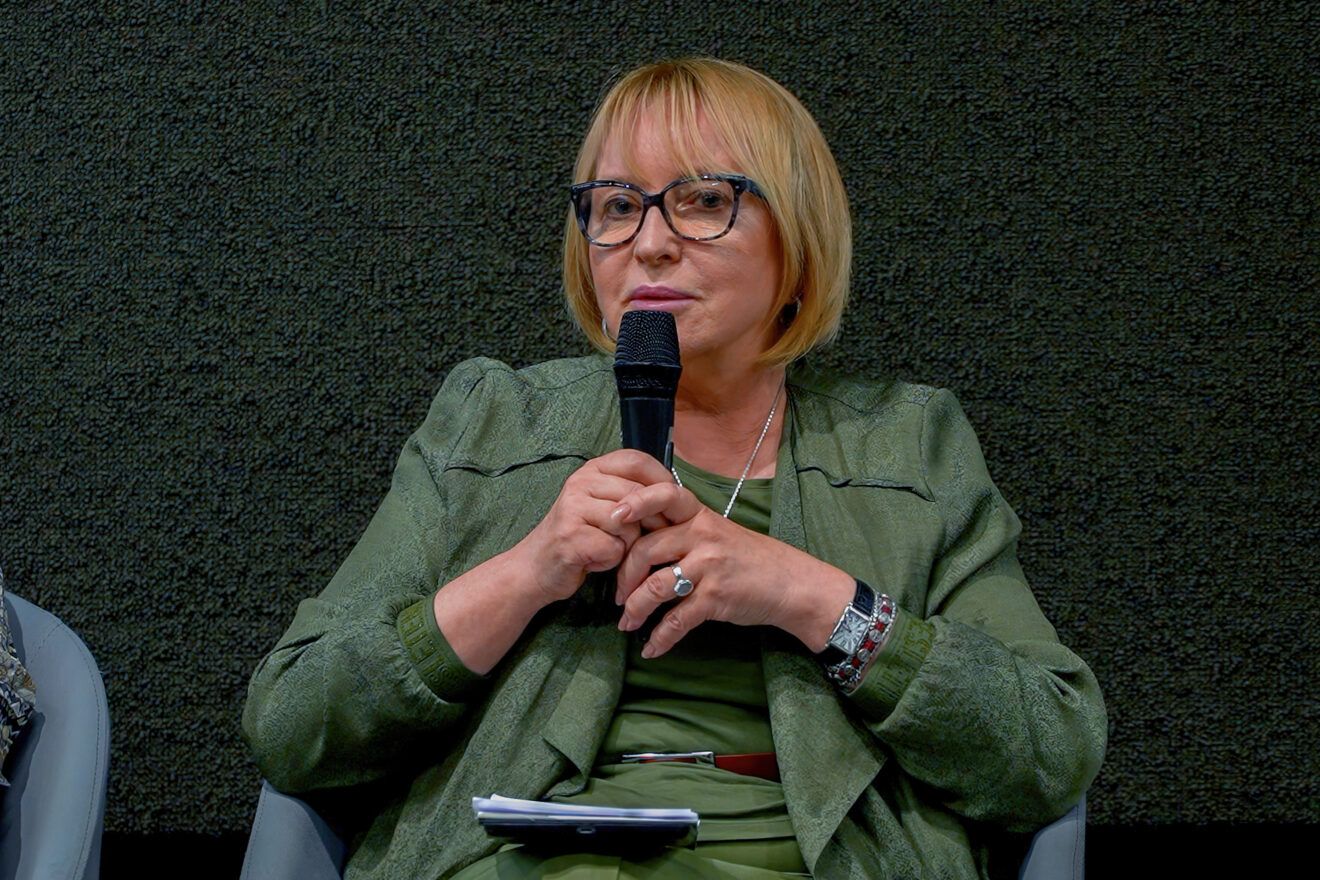‘Ostpolitik: Historical Background and Contemporary Challenges’ – UCU hosts scholarly conference with participation of ambassadors to the Holy See

The Eastern Politics of the Vatican (Ostpolitik) is a multifaceted phenomenon, and its methods and results have received and continue to receive various assessments. Some consider it an ecclesiastical analog of Realpolitik, a betrayal of values and principles with the hope of achieving doubtful goals; others consider it the “art of the possible” since it allowed to find a modus non moriendi for Catholics behind the Iron Curtain in the 1960s and 1970s, subsequently contributed to the decline of communism and the democratic transformation of East-Central Europe, and enables continuation of the ecumenical dialogue today.
Russia’s full-scale invasion of the territory of Ukraine has brought the question of the Vatican’s “Eastern policy” renewed urgency. For some, the war was further proof that the Ostpolitik is flawed in essence since it is used by those same forces who see relations with the Holy See as just one of many tools to achieve their own goals on the geopolitical chessboard. There are also those who believe there is no alternative to “dialogue at all costs” with Moscow, given the threat of a nuclear catastrophe for all humanity.
Participants of the conference at UCU discussed the real driving motives and main goals and methods of the political and ecclesiastical diplomacy of the Vatican for Eastern Europe, how they were received, what reaction they elicit today, and what results we can expect with hope for the end of the war and ensuring peace in Ukraine and the whole world.
The conference was initiated by the UCU Institute of Church History (ICH). Participating in the discussion were: Jan Tombiński, Head of the EU Delegation to Ukraine (2012—2016) and to the Holy See (2016-2020); UCU Senator, Prof. Dr. Tamara Grdzelidze, Ambassador Extraordinary and Plenipotentiary of Georgia to the Holy See (2014-2018); Tetyana Izhevska, Ambassador Extraordinary and Plenipotentiary of Ukraine to the Holy See (2008-2019); former UCU Senator, Prof. Dr. Irena Vaišviliėte, Ambassador Extraordinary and Plenipotentiary of Lithuania to the Holy See (2012-2017); Myroslav Marynovych, Vice-Rector for University Mission of UCU, President of the Institute of Religion and Society; and Rev. Prof. Dr. Yury P. Avvakumov, Professor of Theology and the History of Christianity at the University of Notre Dame (USA), member of the Vatican’s International Theological Commission for the quinquennium 2021-2026.

“The idea of this conference arose in the context of discussions of the reaction of the Vatican to Russia’s full-scale war against Ukraine, which often seemed incomprehensible or scandalous,” said Oleh Turiy, ICH Director and UCU Vice-Rector. “In order to understand the reasons for such a situation and promote better communication, we talked about organizing a discussion like this.”
According to the conference’s moderator, Anatolii Babynskyi, the organizers invited former ambassadors to the Holy See who represented countries of Eastern Europe. “On the one hand, the majority of them are scholars who on the theoretical level studied the question of Ostpolitik, but, on the other hand, having spent many years in diplomatic service at the Vatican, they saw up close how the Holy See builds is building its relations with Moscow and the Russian Orthodox Church [ROC]. Their experience is important in order to determine how relevant the old Ostpolitik, which reached its peak in the 1960s-1970s, is now,” said Anatolii Babynskyi, researcher at the ICH.

Oleh Turiy stated that, despite the theme’s delicacy, the discussion was open, deep, and multifaceted: “It was a discussion not only about the Vatican’s Ostpolitik. We also talked about Moscow’s ‘Westpolitik.’ The discussion’s participants raised the question of how Russia instrumentalizes the Holy See’s good intentions, how through the decades it has spread its influence and narratives. We expect that such a bold, though at the same time competent, format for the discussion of this theme with the participation of people who know the situation not only in theory but also in practice will help us become better oriented in these conditions.”
Rev. Yury Avvakumov, Professor of Theology and the History of Christianity at the University of Notre Dame (USA) and member of the Vatican’s International Theological Commission, said that such discussions are very important, inasmuch as now Ukraine and Ukrainians to a significant extent depend on the help and support of the whole world: “It is important that the Pope understands exactly what is going on in Russia’s war against Ukraine. We see, unfortunately, that this understanding is not coming easily. The reason for this, on the one hand, lies in the personality of the Pope and his background, which the discussion’s participants mentioned. On the other, it lies in a strong structure which has now existed for centuries and so is not flexible. I consider it our task to call those who have authority in the Catholic world to help discuss this with the Pope and bishops of other countries. So it was important first to acknowledge how necessary it is to work to change the situation to the benefit of support for Ukraine.”

Jan Tombiński, Head of the EU Delegation to the Vatican (2016-2020), analyzing the geography of Pope Francis’s visits, expressed the thesis that he apportions more attention to formerly peripheral countries with large populations, which are often oriented to Moscow, because they see it as a counterweight to American policy. The ambassador considers that this influences the pontiff’s geopolitical assessment of the situation in Eastern Europe as a key element of the opposition between the USA and Russia. And so, in the statements of the Pope, he sometimes reveals a conviction that Ukraine is a victim of the collision of the geopolitical ambitions of these two countries.
At the same time, the speakers admitted that the spectrum regarding the reception of Russian aggression and the assessment of events in the Vatican is changing.
Irena Vaišviliėte, Ambassador of Lithuania to the Holy See (2012-2017), noted an interesting discussion with Agostino Casaroli, the architect of the Vatican’s eastern policy. As the researcher and diplomat observed, Cardinal Casaroli did not know that these partners of the dialogue with countries of the Warsaw Bloc and Soviet Union with whom he interacted were, in fact, undercover KGB agents.

“We know these things today, so we have great hope that the Vatican will rethink its approach regarding relations with Eastern Europe and, in particular, Russia,” said Anatolii Babynskyi.
At the same time, the speakers talked of the relations of the Holy See with the Russian Orthodox Church. Tetyana Izhevska, former Ambassador of Ukraine to the Holy See, admitted that it was precisely during the pontificate of Pope Francis that the Russian government and church in particular began actively to engage the Vatican.

According to Jan Tombiński, this demonstrates that Russia made conclusions after the events which led to the collapse of the Soviet Union, in particular, the role which Pope John Paul II played in this. So the Russian authorities understood that the Vatican is a particularly influential institution which somehow needed to be neutralized.
At the same time, Tamara Grdzelidze, former Ambassador of Georgia to the Holy See, admitted that the activities of the Russian Orthodox Church and Metropolitan Hilarion, who guided relations with the Vatican, despite all efforts, achieved no success.
“We see that the Vatican is beginning to criticize the ROC. Not long ago we heard the statement of Cardinal Kurt Koch, President of the Pontifical Council for Promoting Christian Unity, that Patriarch Kirill is a heretic. Later there was a statement from Michael Czerny, acting Prefect of the Dicastery for Promoting Integral Human Development, who said that Russia’s war against Ukraine is a war against the whole civilized world,” added Anatolii Babynskyi.
“Today both in international political environments and also in some ecclesiastical ones, Ukrainians are observing a desire to more quickly resolve problems which are appearing as a result of war, to create reconciliation and return to traditional schemes of cooperation. As a church historian, I am more than convinced that there will be no such return. This war has destroyed not only the order of world security but also the former system of interchurch and church-state relations, so they need re-thinking. We Ukrainians need to stop being objects. Instead, we need to take the initiative, to offer concrete proposals. Clearly, it is better to do this with those authoritative people who are sympathetic to us and have appropriate experience. So such scholarly forums can serve as a model and a unique laboratory to develop our positions and spread them through various channels,” summed up ICH Director Oleh Turiy.









